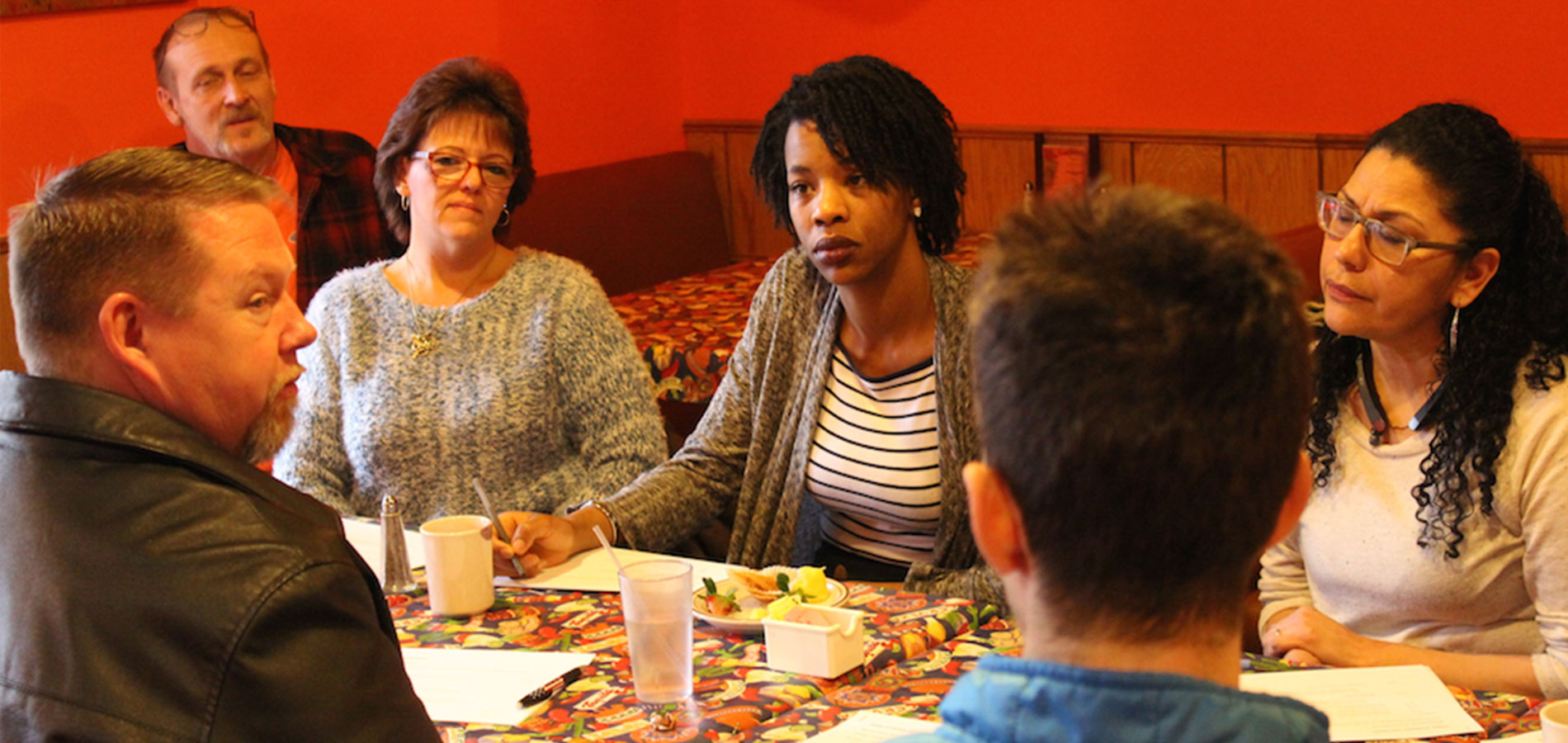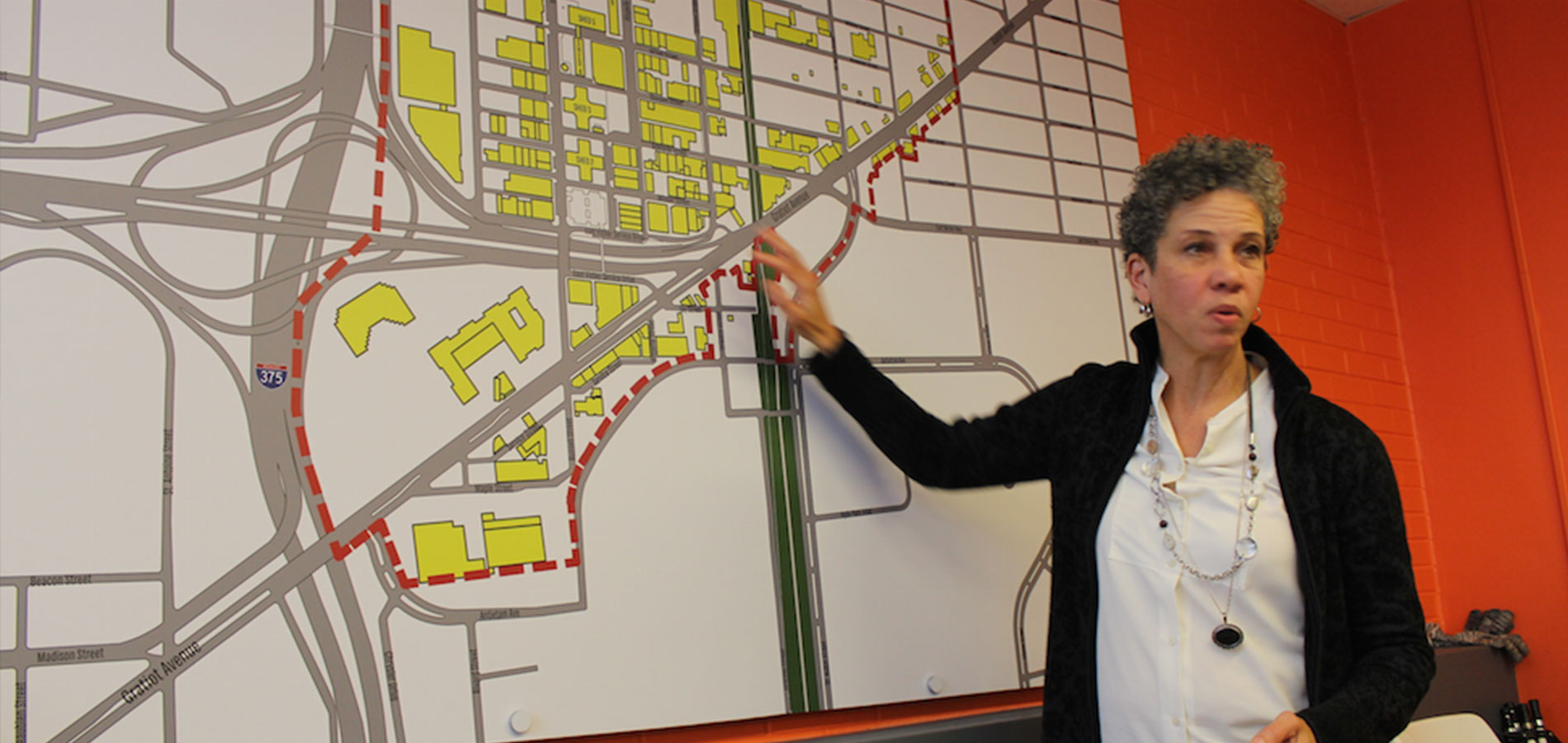For current info please visit detroitmi.gov
Mix Tape Zoning
block-detroitminew-views-block-news-events-block-1,News & Events*block-detroitminew-views-block-related-links-block-1,Related Links*block-detroitminew-views-block-video-playlist-block-1,Videos*documents-block,Documents*block-detroitminew-views-block-forms-block-1,Forms*block-views-block-faq-block-1,FAQs*block-detroitminew-views-block-district-map-block-1,District Map*block-views-block-council-office-directory-block-1,Office Directory*block-detroitminew-views-block-contacts-block-3,Contacts*block-detroitminew-views-block-contacts-block-4,Contacts*block-detroitminew-views-block-council-member-bio-block-1,Bio*block-detroitminew-views-block-sub-sections-block-1,Sections*block-detroitminew-views-block-web-apps-block-1,Web Apps*block-detroitminew-views-block-news-events-block-4,News*block-detroitminew-views-block-news-events-block-3-2,Events*block-detroitminew-views-block-contacts-special-block-1,Staff*block-detroitminew-views-block-statements-block-1,Statements*block-detroitminew-views-block-newsletters-block-1,Newsletters*block-detroitminew-views-block-newsletters-block-3,Ordinance*block-detroitminew-views-block-newsletters-block-2,Resolutions*block-detroitminew-views-block-newsletters-block-4,Memos
Transforming Detroit’s complex land use regulations into a positive force for neighborhood revitalization
Our goal was to transform Detroit’s complex land use regulations into a positive force for neighborhood revitalization
Mix Tape Zoning Detroit sought to transform Detroit’s complex land use regulations into a positive force for neighborhood revitalization. “Mix Tape Zoning” refers to a better mixing of the land uses along commercial corridors. Process inefficiencies, outdated ordinances, and rigid code interpretations can strangle the most creative place-making projects, resulting in urban environments that fall short of their potential.
Funded by the John S. and James L. Knight Foundation, the project sought to identify and implement a number of agile, creative, regulatory changes which support high-quality place-making and drive economic development on the city’s neighborhood commercial corridors.

In recent years, Detroiters have shown a great deal of enterprise and initiative in neighborhood projects: growing produce on vacant lots, rehabilitating disused buildings, and using the urban landscape for art projects and other forms of cultural expression. These forms of urban creativity are a huge comparative advantage for the city: they attract international press, stimulate residential demand in the neighborhoods, and fuel the our economic recovery. These small entrepreneurial efforts are the seeds of Detroit’s economic recovery, and must be carefully and intelligently nurtured.
These ideas have been implemented via amendments to the existing Traditional Main Street Overlay Area (TMSO) regulations, where areas identified in the Mix Tape project were defined as TMSO areas so as to require basic design standards, a Mix Tape recommendation. Changes to the TMSO regulations were implemented to reduce parking requirements, count on-street parking along two pilot corridors, allow outdoor dining in front of a restaurant without a hearing, and allow new uses. This ordinance went into effect on August 8, 2020.
Project Lead:
Gregory Moots
Lead Planner (313) 224-1358 [email protected]